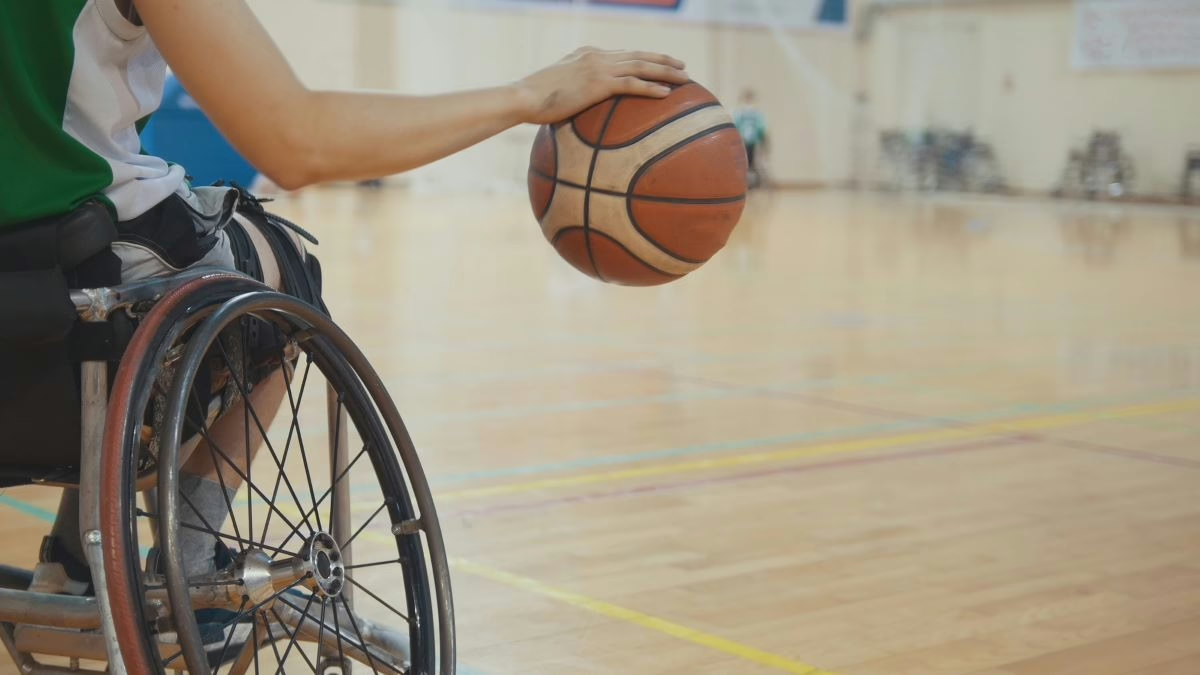
The benefits of sport are as significant as they are varied. Even going for a short kickabout with friends can give your body and mind a workout. You’ll enjoy countless physical health benefits, as well as social ones.
Those with disabilities might particularly feel these benefits. But a disability can sometimes get in the way of access to sport. Let’s see how the problem might be approached.
Types of Sports for People with Disabilities
Depending on the extent and type of your disability, and your own personal preference, you might pick out an adapted form of a given sport. For example, if you don’t have the use of your legs but want to play basketball, you might try wheelchair basketball.
The popularity of the Paralympic Games, as well as government funding, has helped some sports to gain traction in various parts of the UK. For example, boccia, goalball, and para-badminton might all be accessible somewhere near you.
The Benefits of Playing Sports
It’s worth running through some of the distinct benefits attached to a sporting hobby. For disabled people, it might be vital in building and retaining mobility, and sticking to a routine of exercise. It’s easy to fall into unhealthy, sedentary habits, whether you’re disabled or not. But, according to Sport England, disabled people are more than twice as likely to be inactive than non-disabled people.
Develop the right sporting habit, and you’ll enjoy better sleep, better coordination, better balance, and less body fat. A routine of sporting participation can help you stick with the exercise. If you’re a vital part of a team, you’ll have an extra incentive to turn up to practice.
Watching Sports as a Disability-Friendly Activity
Disabled people are able to watch and enjoy the same sports as non-disabled people. But historically, access to sporting spaces, like football stadiums, has left a lot to be desired. Fortunately, in recent decades, the situation has improved – even at the lower end of the football pyramid, and in more obscure sporting arenas.
Being able to participate in matchday rituals, and feel involved with other fans, can be a powerful source of belonging for disabled people. If you’re a fan of Liverpool, for example, you might attend matchdays at Anfield in a Liverpool replica kit, along with everyone else.
Getting Started with Sport: Resources and Support
So, how do you get started with sport? If you are just setting out later on in life, or you’ve only recently become disabled, then it can be difficult to know where to begin. The facilities available might vary, depending on your location. There are plenty of online resources that might help you find an appropriate sporting club – but you should be prepared to ask a few questions of the venue. Think about how accessible it is, and whether you’ll need to hire or buy any special equipment.
Follow me down the rabbit hole!
I'm Alice and I live with a dizzying assortment of invisible disabilities, including ADHD and fibromyalgia. I write to raise awareness and end the stigma surrounding mental and chronic illnesses of all kinds.








